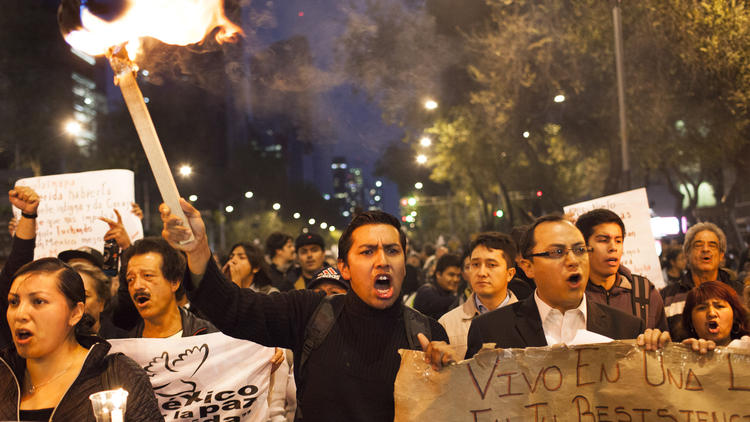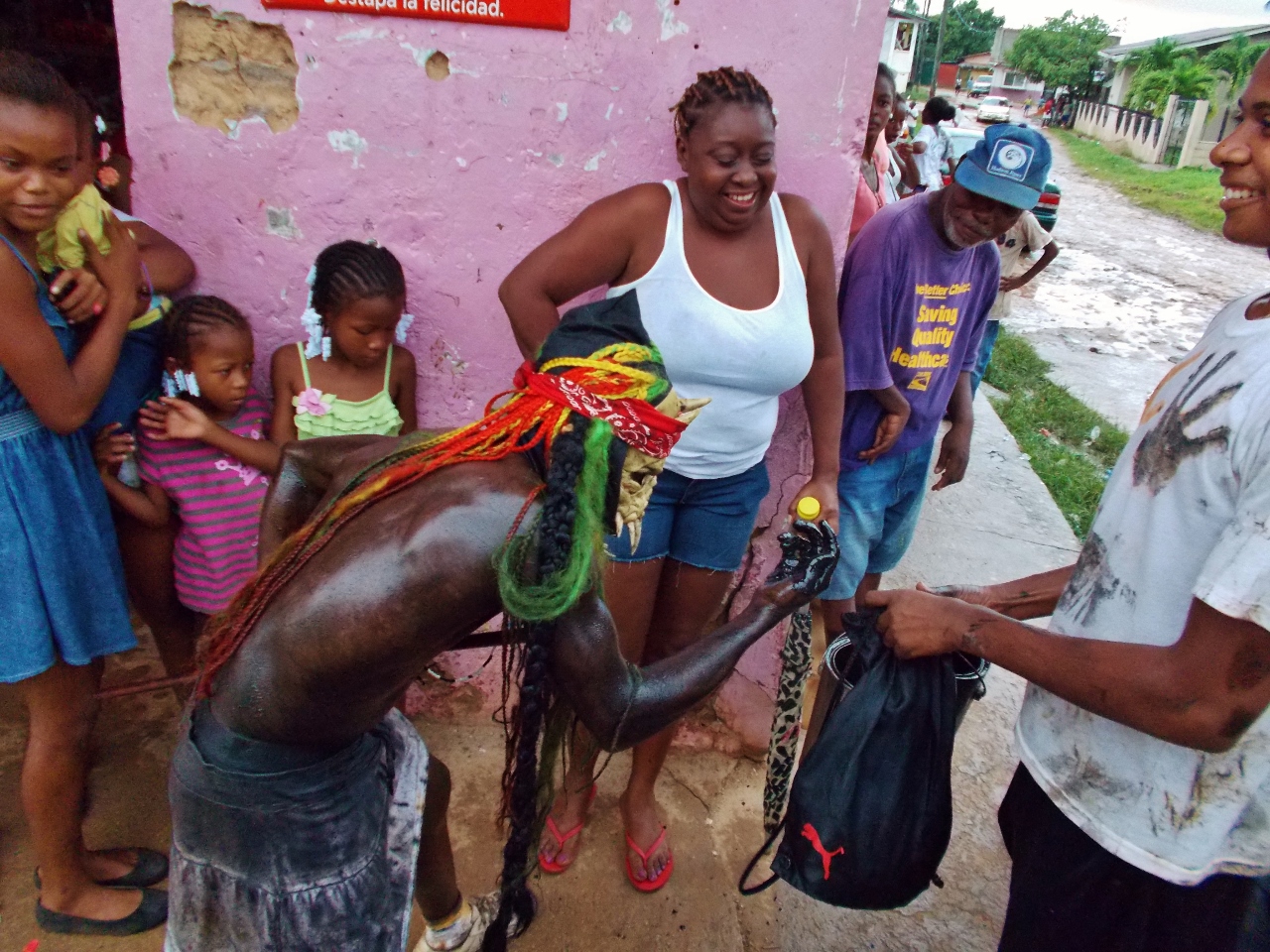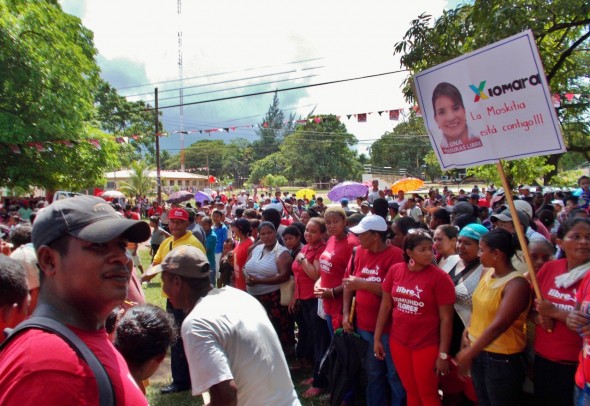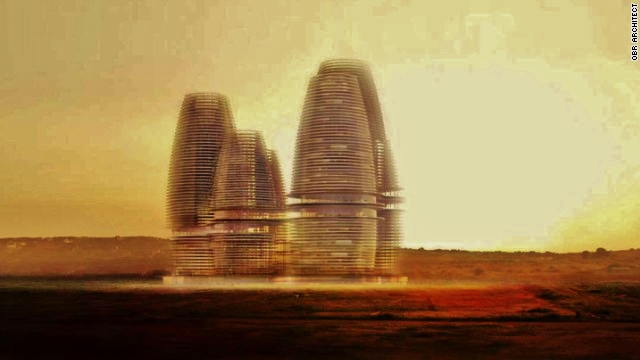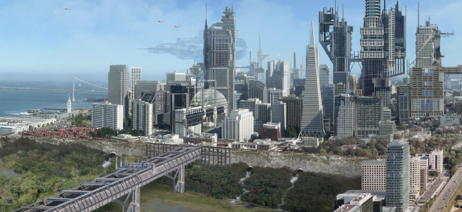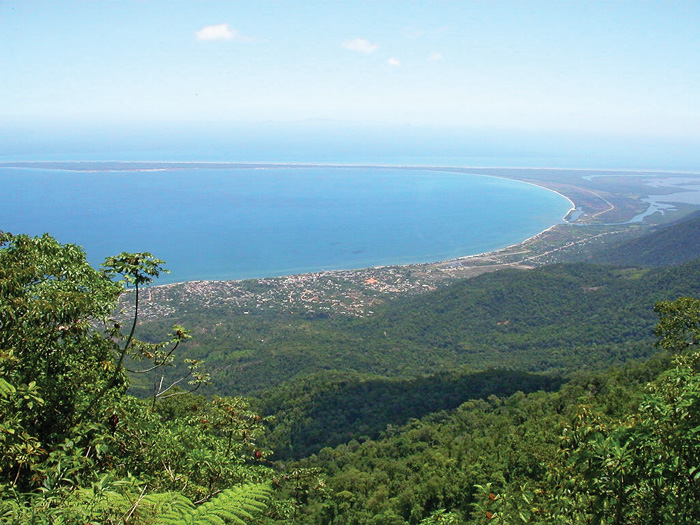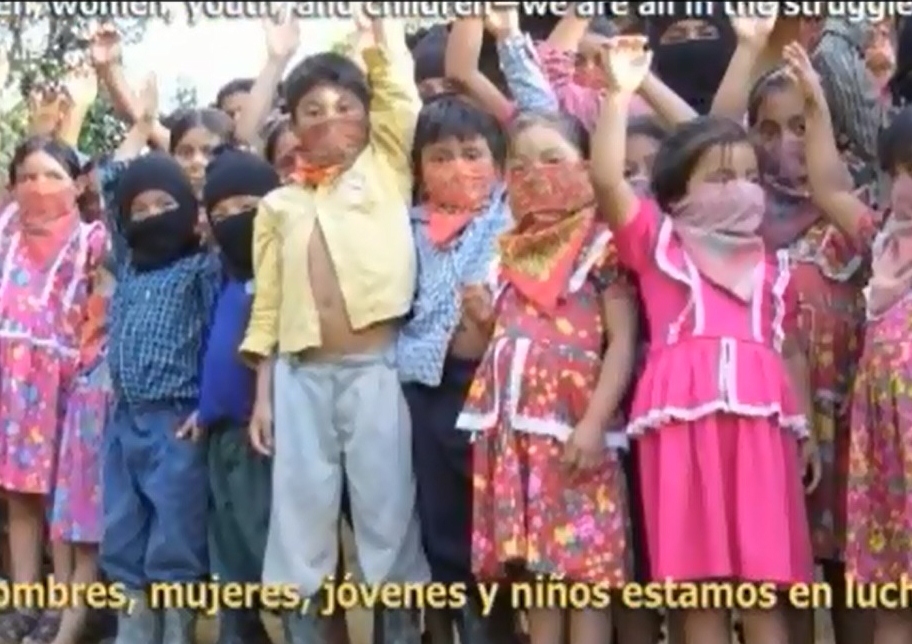The disappearance of 43 rural students in a city surrounded by mass graves, in a region controlled by an unholy alliance of drug traffickers and corrupt public officials and police, in a country ruled by neoliberal multinational interests backed by an iron hand has awakened Mexican despair and rage.
Tag: Neoliberalism
Garifuna Culture in Honduras: Dancing in a Changing World
Honduras’ Garífuna people, with their rich culture and homeland spread across the Caribbean Coast of Central America recently asked an international court in Costa Rica to help them recover ancestral land, which they say has been lost to development. We present the dark and the light of this vibrant way, threatened by neoliberal development schemes, palm oil plantations, mega-tourism, and drug trafficking.
Honduran Election: Neoliberal Militarization Versus The People
Military and judicial violence against the public and in post-coup Honduras leading up to the coming November elections are central components of the neoliberal economic takeover. In order to legitimate and secure the economic violence effected against Honduran citizens by multinational corporations, the judiciary criminalizes opposition to them while the military (along with other state security forces) goes after citizen-“criminals” with an iron fist.
African Garden Cities: Urbanization Without Planning for People
Master planned, self contained New Cities have appeared all over Africa. Emulating models from the global north, private-sector boosters advance them without considering factors such as environment, economy, context and even poverty. Nairobi-based urban practitioner Jane Lumumba argues they might only make social and economic problems worse.
Honduras: Neoliberal Utopias Advance on Indigenous Land
The government of Honduras plans the creation of neoliberal free-market enclaves, unaccountable to national laws and governed by foreign corporate interests. Stipulated for territory inhabited by Garifuna people and campesino farming communities, with propaganda about democracy, economic innovation and humanitarian justice, “President” Pepe Lobo should first refrain from presiding over the coup-backed “illegitimate regime.”
Honduras: Neo-Colonial “Free Market” Charter Cities, Democracy Not Included – By Annie Bird
Free marketeers and Libertarians advocate for the world’s first Charter City, with authoritarian governance, facilitated by a military coup, coordinated using political sway with business partners, using public funds from the IDB for infrastructure plans, and built on land “purchased” from indigenous communities, small farmers and the state of Honduras.
Chiapas: Freedom and Justice for Zapatista Communities
The Zapatista community of San Marcos Avilés, composed of Tzeltal indigenous people, calls for international solidarity in their struggle for autonomy and natural resource protection from oppressive and violent forces of Mexico’s entrenched neoliberal economy.

